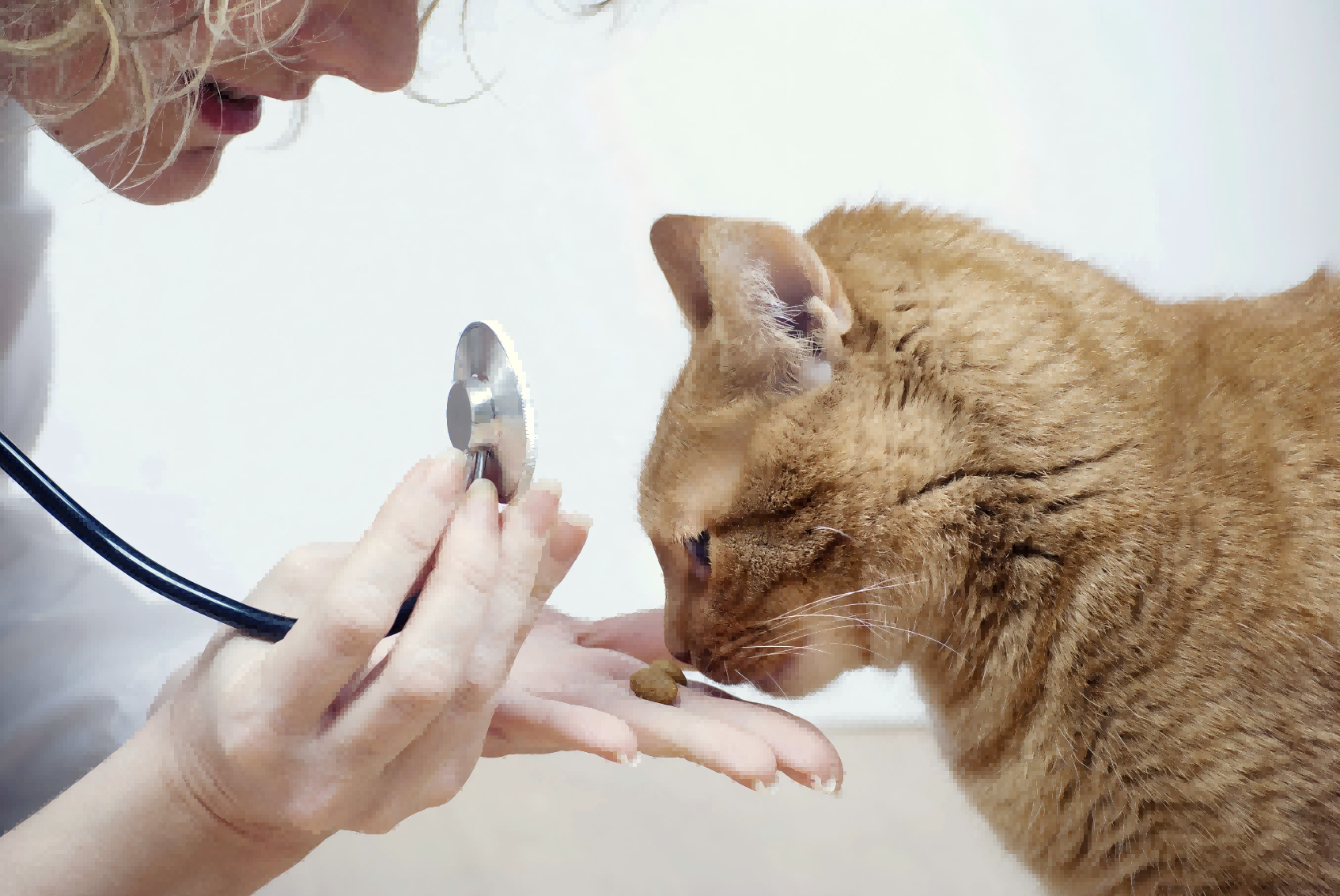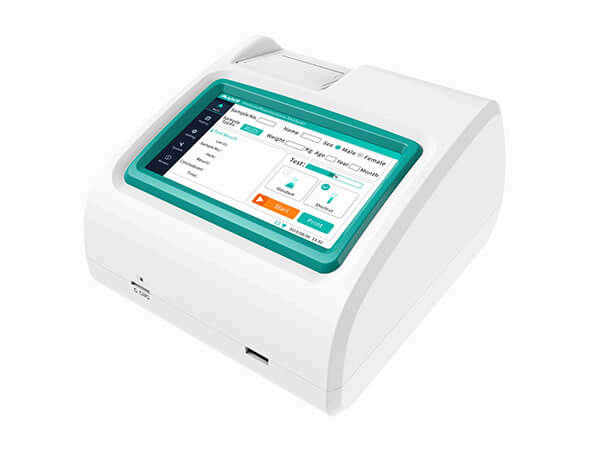
The feline panleukopenia test is an important diagnostic tool for veterinarians to detect the feline panleukopenia virus, also known as feline distemper. Feline panleukopenia is a highly contagious and potentially deadly disease that can affect all domestic and wild felines. While vaccination is the best form of prevention, testing allows veterinarians to diagnose infected cats and provide proper treatment plans to aid their recovery (Hartmann, 2020).
Why Should We Do the Test?
There are several reasons for pet owners to have their cats tested for feline panleukopenia. The disease poses serious health risks if left untreated, as the virus attacks rapidly dividing cells in the cat’s body, most severely affecting the gastrointestinal tract. This can lead to vomiting, diarrhoea and lowered white blood cell count, leaving cats vulnerable to other infections. Without treatment, the virus is often fatal.
Testing allows for early diagnosis and administration of supportive treatments like fluid therapy and medication. This gives infected cats a much better chance of overcoming the disease. It also helps curb the spread of the contagious virus, protecting other susceptible felines. By determining which cats have been exposed, veterinarians can isolate infected animals and provide boosters to those at risk. This plays a crucial role in disease control and prevention within catteries, animal shelters, and multi-cat households (Litster, 2014).
How Much Does It Cost?
The cost of feline panleukopenia testing ranges between $50 to $100 on average. However, prices may vary depending on the diagnostic method used by the veterinary clinic. Common tests available include:
● ELISA (Enzyme-Linked Immunosorbent Assay) test: This blood test checks for antibodies against the virus. It is affordable at around $50-60 per sample.
● FA (Fluorescent Antibody) test: This detects viral antigens in faecal or tissue samples under a fluorescent microscope. It is more expensive at about $80-100 per test.
● PCR (Polymerase Chain Reaction) test: Considered the most accurate method, PCR detects viral DNA. While highly sensitive and specific, it is also the costliest diagnostic option ranging from $90-120 per sample.
How Often Do We Need to Do the Test?

There is no set schedule for panleukopenia testing as the need varies based on individual risk factors. However, here are some general guidelines:
● Kittens being boarded or admitted to a shelter/cattery: Test upon intake and at least once every 6 months.
● Adult cats in homes with multiple indoor/outdoor pets: Test annually or if showing any gastrointestinal symptoms.
● Breeding catteries and veterinary hospitals with frequent cat admissions: Test all new additions and monitor antibody titers every 6-12 months.
● Cats that have been in contact with an infected animal: Test 2-4 weeks after exposure for screening.
● Low-risk indoor lone cats: Testing may not be needed routinely but discussed with the vet during annual wellness visits.
The frequency of repeat testing is determined by the cat’s lifestyle, health status, and exposure risks. Owners must consult their vet who may advise more frequent monitoring depending on the situation.
What Specifications Are We Looking For?
In feline panleukopenia testing, veterinarians look for certain parameters that help establish an accurate diagnosis:
● ELISA tests detect antibodies against the feline panleukopenia virus. A positive antibody result indicates prior exposure to the virus.
● FA and PCR tests detect viral antigens or genetic material. A positive result confirms an active infection.
● Titer levels are measured in ELISA. A rising titer over time suggests recent infection, while stable high titers indicate immunity.
● Signs of leucopenia or low white cell count in bloodwork support panleukopenia infection along with testing.
● Presence of viral particles in faecal samples observed under a fluorescent microscope.
● PCR checks the viral shedding period by detecting genetic material shed in faeces.
Combining testing methods aids diagnosis. Clinical history and symptoms are also evaluated. Having a clear understanding of normal and abnormal test values helps veterinarians determine infection status, advise treatment, isolate contagious cats, and assess response to vaccination (Hartmann, 2020).
What Do We Need to Use for Testing?

The main equipment and supplies required for performing the feline panleukopenia test are:
● Testing kits: Panleukopenia antigen/antibody kits containing all required reagents and components for the specific diagnostic assay.
● Pipettes: Adjustable volume pipettes for sample dilution and reagent addition.
● Centrifuge: Benchtop centrifuges like Magic’s D1008E for sample processing.
● Swabs: Nasal/oral swabs for collecting faecal or lesion samples if antigen testing.
● Disposables: Tips, tubes, and gloves for processing multiple samples safely.
● Controls: Positive and negative controls are included in kits for test validation.
● Software: Install the AnalyzerControl app for seamless instrument operation on Android tablets.
Do the Kits Come with an Analyzer?
No, immunofluorescence test kits for detecting feline panleukopenia and other pathogens are sold separately from the analyzer equipment. Here are more details:
● Panleukopenia antigen/antibody kits by Magic Biotech contain 10 tests and cost around $55-65 per box without the analyzer.
● A basic single-channel FIA680Vet analyzer from Magic sells for $1000. It can run 1 test at a time in 11 minutes.
● Premium 6-channel FIA880Vet machine is priced at $1500. It processes 6 samples simultaneously at the same time.
● Additional accessories like digital pipettes and centrifuge start from $30 separately.
Purchasing individual components provides flexibility. Customers can try out low volumes of specific pathogen kits first before investing in the analyzer. Some veterinary labs may already own a compatible machine too.
How Much Does the Machine Cost? Are There Any Discounts?
As mentioned earlier, Guangzhou Magic’s veterinary immunofluorescence analyzers are affordably priced as follows:
● FIA680Vet single-channel analyzer: $1000
● FIA880Vet 6-channel analyzer: $1500
These benchtop automated machines have excellent build quality, high throughput testing capabilities, and multi-year warranty support.
Some discount offers provided by Magic Biotech on the analyzers include:
● 15% off when purchasing 3 or more FIA680/880 units for clinics/laboratories.
● A 10% bundle discount applies if an order includes an analyzer plus 15+ testing kits or accessory packages.
● For veterinary students or new graduate vets, a 5% educational discount is available.
● Volume purchase programs for governmental agencies and NGOs offer discounted pricing on large orders.
● 0% financing options through lending partners for 6-12 month instalment payments.
● Free standard shipping on international analyzer orders above $2000.
These incentives help customers maximize savings while equipping their practices. The easy EMI payment schemes ensure affordable access to high-quality immunofluorescence testing technology.
References
Greene, C. E. (2012). Infectious Diseases of the Dog and Cat (4th ed.). Elsevier.
Hartmann, K. (2020). Feline panleukopenia. Veterinary Clinics of North America: Small Animal Practice, 50(5), 1097-1110.
Litster, A. (2014). Transmission and control of feline panleukopenia virus in shelter settings and beyond. Journal of Feline Medicine and Surgery, 16(5), 409-419.